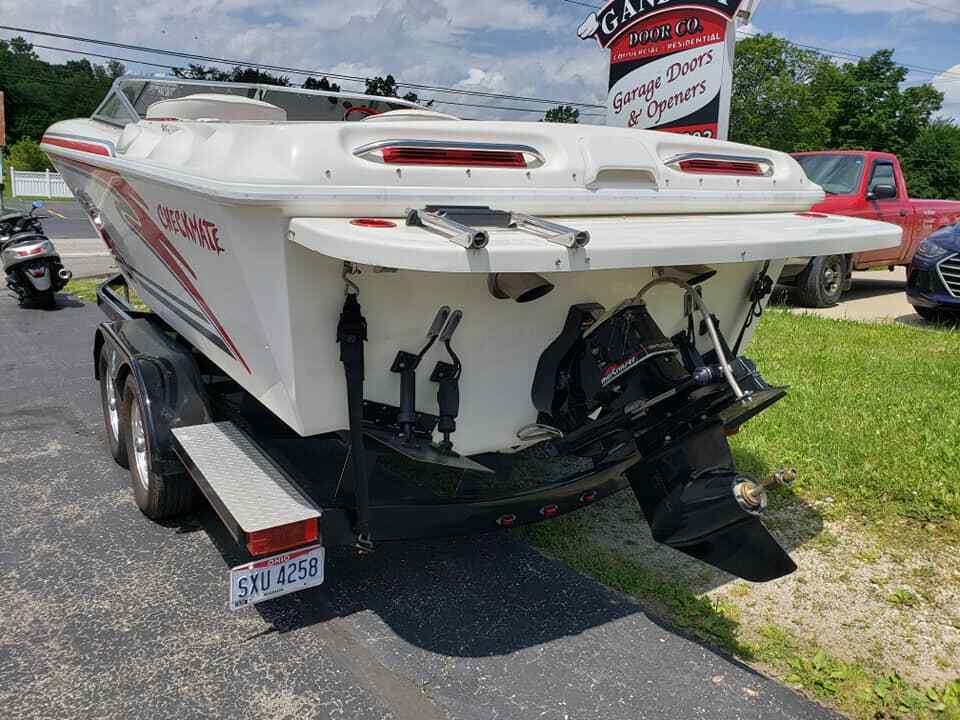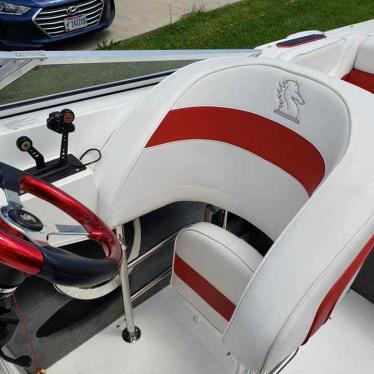

On August 19, 2021, the FDA approved nivolumab (brand name Opdivo) for the adjuvant treatment of patients with urothelial carcinoma who are at high risk of recurrence after undergoing radical resection. This review used the Assessment Aid, a voluntary submission from the applicant to facilitate the FDA’s assessment. Immune-mediated adverse reactions are also associated with dostarlimab-gxly including pneumonitis, colitis, hepatitis, endocrinopathies, nephritis and dermatologic toxicity. Most common adverse reactions reported in more than 20% of patients with mismatch repair deficient solid tumors were fatigue /asthenia, anemia, diarrhea, and nausea. Median duration of response was 34.7 months, with 95.4% of patients with duration greater than or equal to 6 months. The overall response rate was 41.6%, with 9.1% complete response rate and 32.5% partial response rate. The primary efficacy endpoints were overall response rate and duration of response as determined by blinded independent central review according to RECIST 1.1.


The efficacy population consisted of 209 patients with mismatch repair deficient recurrent or advanced solid tumors who progressed following systemic therapy and had no satisfactory alternative treatment.

The efficacy of dostarlimab was evaluated in the GARNET Trial, a non-randomized, multicenter, open-label, multi-cohort trial. The FDA also approved the VENTANA MMR RxDx Panel as a companion diagnostic device to select patients with mismatch repair deficient solid tumors for treatment with dostarlimab-gxly. On August 17, 2021, the FDA approved dostarlimab-gxly (brand name Jemperli) for adult patients with mismatch repair deficient recurrent or advanced solid tumors, as determined by an FDA-approved test, that have progressed on or following prior treatment and who have no satisfactory alternative treatment options.
Checkmate 274 update#
Today we’ll provide a quick update on two recent FDA cancer drug approvals.
Checkmate 274 trial#
Clinical trial information: NCT02632409.Welcome back to the D.I.S.C.O., FDA’s Drug Information Soundcast in Clinical Oncology, Burst Edition, brought to you by FDA’s Division of Drug Information in partnership with FDA’s Oncology Center of Excellence. These results further support adjuvant NIVO as a standard-of-care treatment for pts with high-risk MIBC after radical resection ± neoadjuvant cisplatin-based chemotherapy. The DFS benefit was observed in all prespecified subgroups. Improvement in DFS was observed with NIVO over PBO in pts with MIBC after radical resection regardless of tumor PD-L1 expression. Grade 3–4 treatment-related adverse events occurred in 17% and 6% of pts in the NIVO and PBO arms, respectively. Improvement in NUTRFS and DMFS with NIVO vs PBO was also observed (Table). DFS was improved with NIVO vs PBO across subgroups according to age, sex, ECOG performance status, nodal status, and PD-L1 expression status. DFS probability at 12 months in all MIBC pts was 66% with NIVO and 45% with PBO. With a minimum follow-up of 11.0 months, a DFS benefit was observed with NIVO vs PBO in these pts, regardless of tumor PD-L1 expression (Table). Of 709 randomized pts in the trial, 560 had MIBC (NIVO, n = 279 PBO, n = 281). This exploratory analysis focused on the subgroup of pts with muscle-invasive bladder cancer (MIBC) after radical resection. Non–urothelial tract recurrence-free survival (NUTRFS) was a secondary endpoint, and distant metastasis-free survival (DMFS) was an exploratory endpoint. Primary endpoints were DFS in ITT pts and in pts with PD-L1 ≥ 1%. Pts had radical resection ± neoadjuvant chemotherapy and were at high risk of recurrence on final pathologic staging. Pts were randomized 1:1 to NIVO 240 mg intravenously every 2 weeks or PBO for ≤ 1 year of adjuvant treatment and stratified by nodal status, prior neoadjuvant cisplatin, and tumor PD-L1 expression. We report results for the subgroup of pts with bladder cancer, the most predominant type of urothelial carcinoma.ĬheckMate 274 is a phase 3, randomized, double-blind trial of adjuvant NIVO vs PBO in high-risk muscle-invasive urothelial carcinoma (bladder, ureter, renal pelvis) after radical resection. In the CheckMate 274 trial, disease-free survival (DFS) was significantly improved with nivolumab (NIVO) vs placebo (PBO) both in intent-to-treat (ITT) patients (pts) (hazard ratio, 0.70 98.22% confidence interval, 0.55–0.90 P < 0.001) and in pts with tumor programmed death ligand 1 (PD-L1) expression ≥ 1% (HR, 0.55 98.72% CI, 0.35–0.85 P < 0.001).


 0 kommentar(er)
0 kommentar(er)
